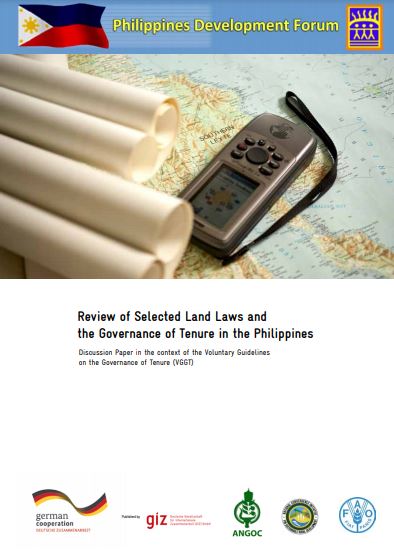Focal point
Location
The Food and Agriculture Organization of the United Nations leads international efforts to defeat hunger. Serving both developed and developing countries, FAO acts as a neutral forum where all nations meet as equals to negotiate agreements and debate policy. FAO is also a source of knowledge and information. We help developing countries and countries in transition modernize and improve agriculture, forestry and fisheries practices and ensure good nutrition for all. Since our founding in 1945, we have focused special attention on developing rural areas, home to 70 percent of the world's poor and hungry people.
Members:
Resources
Displaying 2016 - 2020 of 5074GA 2014-69th Session: Oral Statement by the Special Rapporteur on the situation of human rights in Myanmar
This statement supplements the Special Rapporteur's written report, A/69/398, of 23 September 2014 - http://www.burmalibrary.org/sites/burmalibrary.org/files/obl/docs19/2014... .....
"...In my report I recognize the important gains made through Myanmar’s reform process to
date. I commend the initial reforms that have undoubtedly improved the political, economic,
social and human rights landscape in the three years since the establishment of the new
Review of Selected Land Laws and the Governance of Tenure in the Philippines
This discussion paper on the “VGGT and National Policies on the Governance of Tenure”3
has
been commissioned by the Asian NGO Coalition (ANGOC) as a member of the Philippine
Development Forum – Working Group on Sustainable Rural Development (PDF-SRD).4 This
paper examines national policies as embodied in the 1987 Philippine Constitution and the
major land and natural resource laws passed by the Philippine legislature. This research is
Nature & Faune, Volume 29, Numéro 1
Le thème central de ce numéro de Nature & Faune est : « Améliorer la parité hommes-femmes dans la gestion des ressources naturelles de l’Afrique ». Il passe en revue la situation, y compris les réalisations et les défis en rapport avec la pertinence, l’équité, et l’égalité dans les rôles que les deux sexes jouent dans la gestion des ressources naturelles. Il est de notoriété publique qu’en général les femmes sont les perdantes dans la plupart des cas.
Nature & Faune, 28(2)
Keeping its tradition of exploring major emerging issues, Nature & Faune has chosen to dedicate this edition to looking at the implications of rapid urbanization and its implications for urban food and nutrition security, focusing on the specific roles of sustainable management and utilization of natural resources in Africa‘s fast changing urban food and nutrition equation.
Nature & Faune, Volume 29, Issue 1
The central theme of this edition of Nature & Faune journal is “Enhancing gender equality in the management of Africa's natural resources”. It reviews the situation including achievements and challenges related to adequacy, equity and equality in the roles the two genders play in natural resources management. It is common knowledge that in general, women tend to be the disadvantaged party in many cases. In recent years, gender issues have been at the center of high level consultations in Africa and elsewhere in the world.








